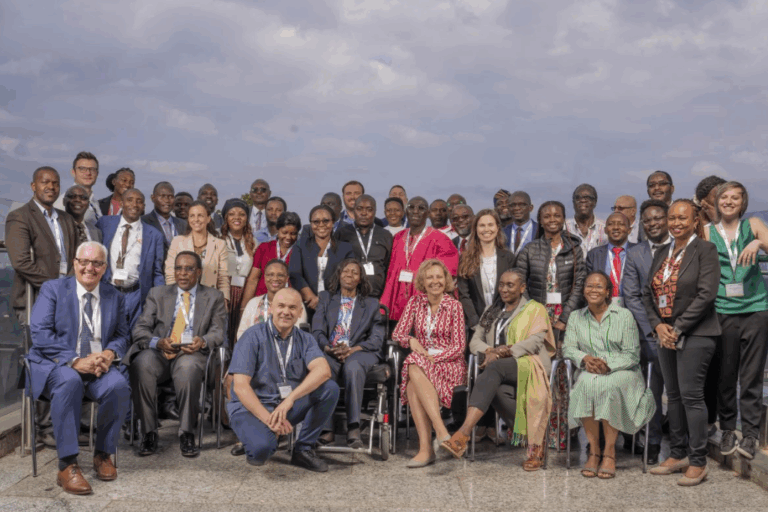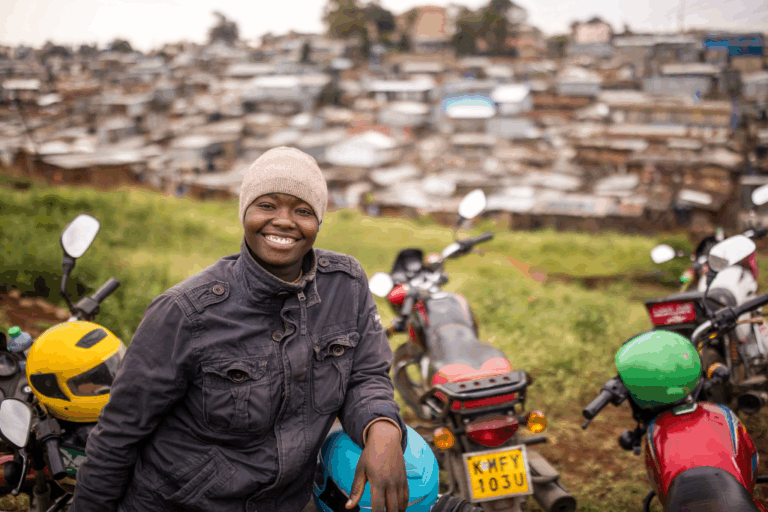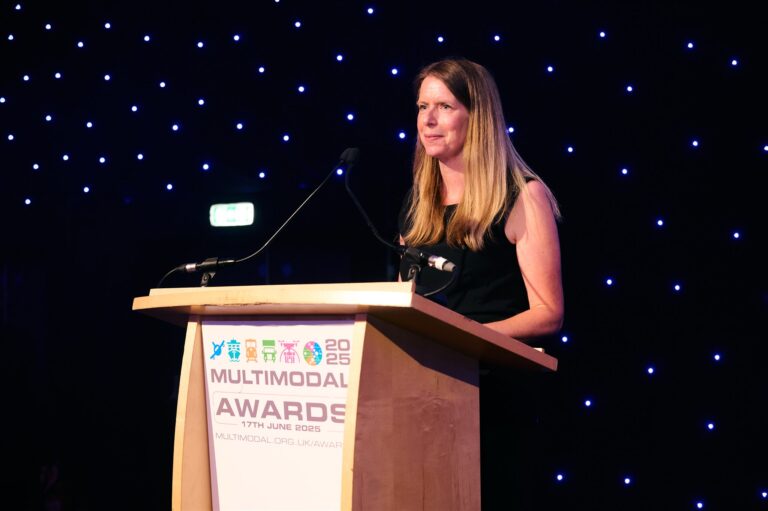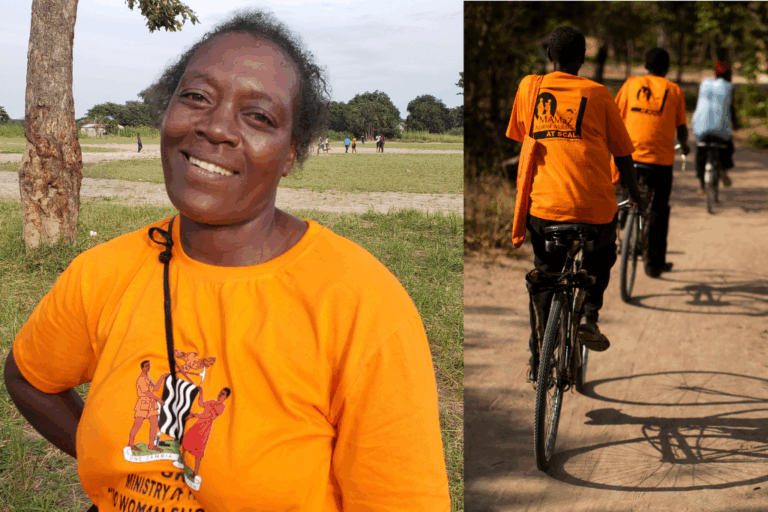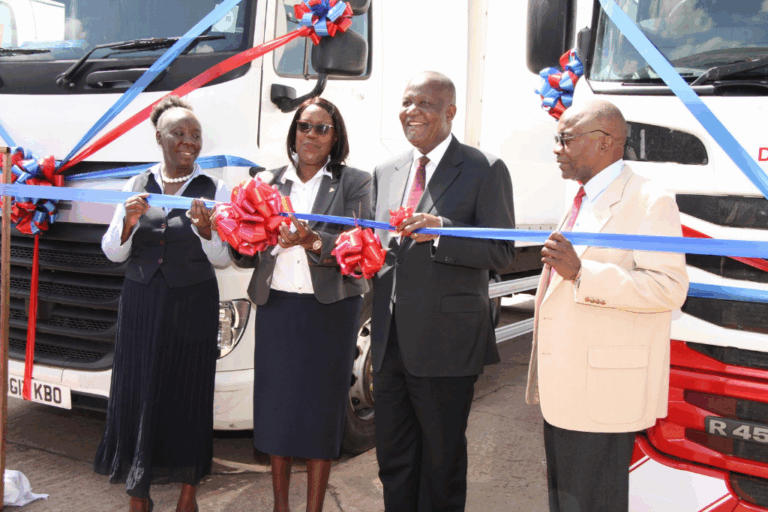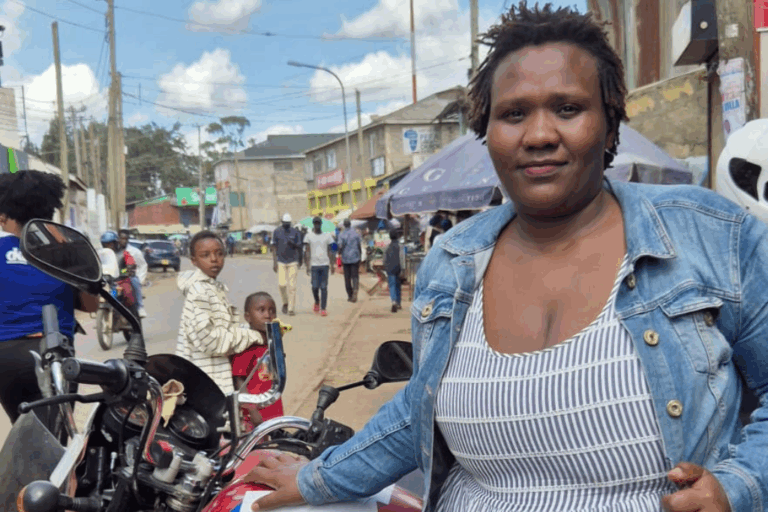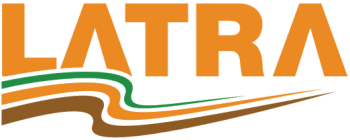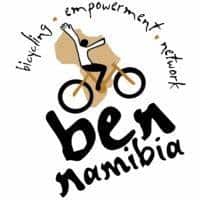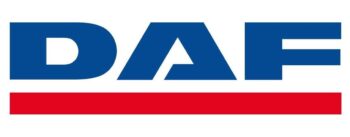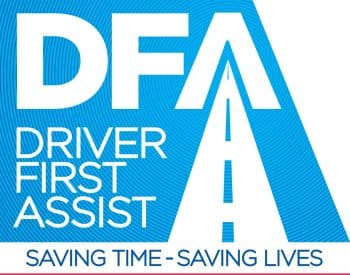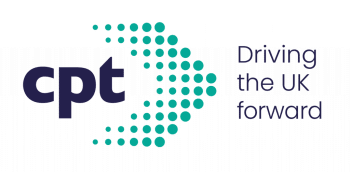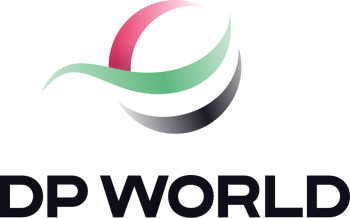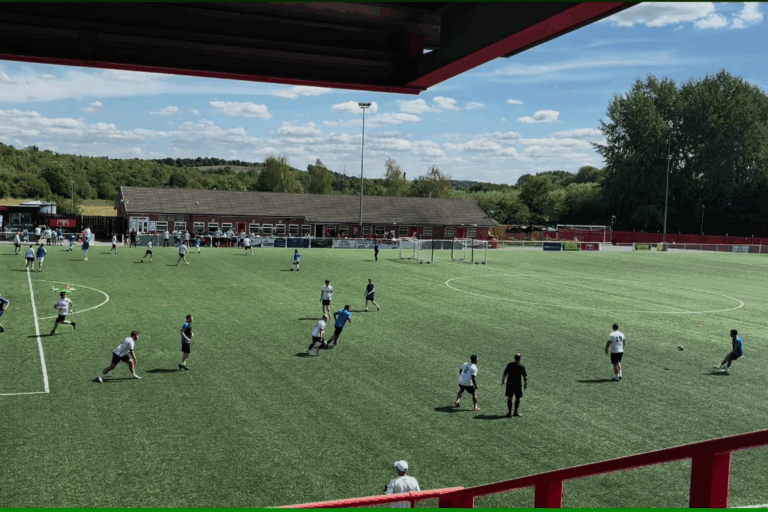
News
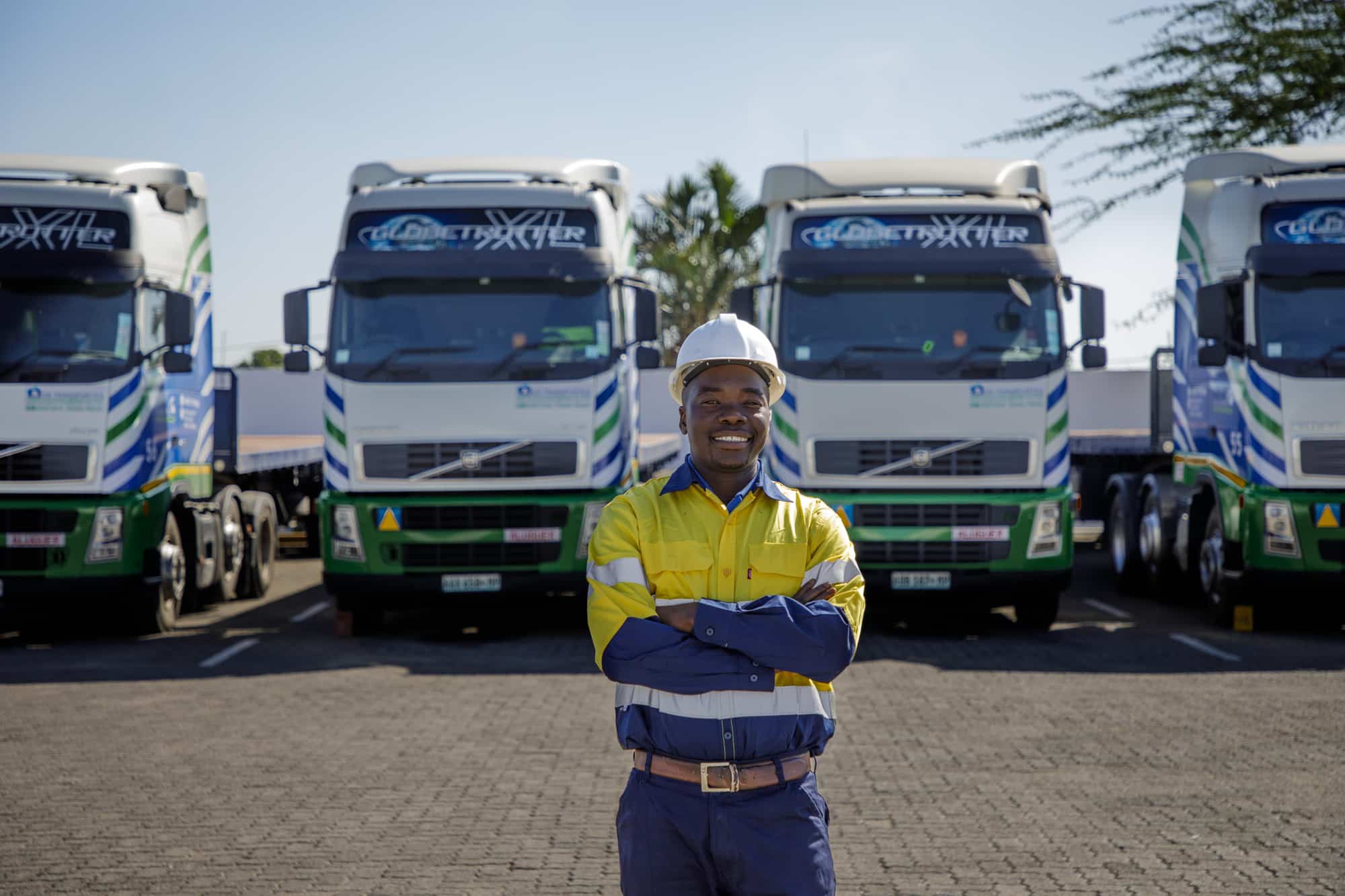
Needs Assessment in Western Uganda
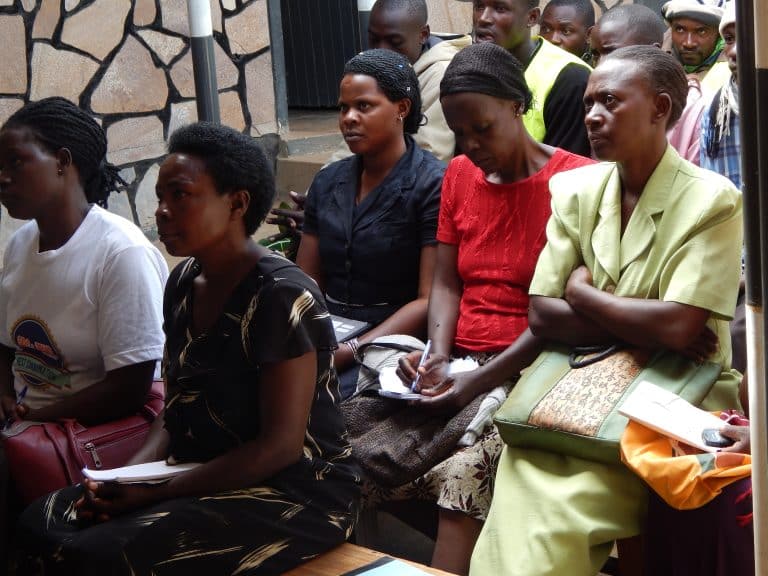
Transaid conducted a needs assessment which looks at the need for an Emergency Transport Scheme (ETS) in Western districts of Uganda. The project is funded by the American pharmaceutical company Merck and aims to improve understanding about the challenges that pregnant women have in accessing maternal healthcare and expand women’s access to promising solutions for postpartum hemorrhage (PPH), infection and pre-eclampsia).
Many pregnant women in the rural areas of Uganda give birth to their babies at home without the proper health care needed. Combined, PPH, infection and pre-eclampsia, account for an estimated 52% of maternal deaths in Uganda. A primary constraint to rural communities accessing healthcare is the availability and affordability of local transport services. Transaid has extensive experience in identifying, championing and implementing local transport solutions for rural communities across Africa, and due to this, was approached to take on this project. The assessments to date have looked at two districts, Hoima and Mubende, and will extend to 2 more districts in the 2nd year of the project. Initial research was done in Mubende.
The needs assessments were carried out over two weeks through face to face interviews and village based focus group meetings. The findings were analysed and then recommendations were determined for the way forward. Firstly, Transaid assessed the health clinics in the area gathering details about healthcare costs, catchment areas and their perspective on the transport challenges of people in their catchment areas. Then focus group meetings took place in villages 4-24 km away from the clinics. In this research the discussions were aimed at getting an overall picture relating to transport availability and affordability as well as establishing what the appropriate interventions might be. The focus groups were also used to gauge interest in intervention options.
During the assessment it was found that women would prefer to have their babies in the clinic but did not have finances to pay for transport or transport was not affordable. Many women try to save some money to pay for transport at the expected time of birth but domestic and unexpected needs usually deplete these savings over time, leaving households little or no savings to deal with emergencies. Furthermore, local motorcycle taxi (boda boda) operators often take advantage of emergency situation and charge pregnant women needing to get to the clinic at a higher rate. Based on this data, Transaid plans to implement solutions tailored to each of the target districts based on their specific needs revealed in our research.
Transaid is planning to implement the solutions in November and December 2013 as well as carry out the assessments for the expansion of the project into two further districts.
Recent Posts


